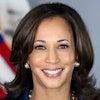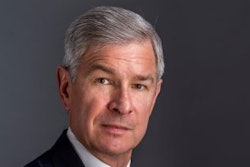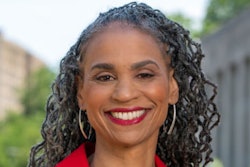I am a trend-watcher. As CEO of a higher education institution, I
must ensure that my college remains a viable, thriving force. Here are
some trends that I have culled from recent reading:
* Reskilling will explode. According to the American Society for
Training and Development, 75 percent of the current workforce will need
to be retrained by the year 2000.
* Competition will be more aggressive. Our colleges are not “the
only game in town.” Students have a multitude of choices and they want
to go where they have the best chance of enhancing their employment
opportunities.
* The mismatch of what education provides and what our economy
needs will become more glaring. For example, traditional education
deals with facts. Yet employers want employees who are problem-solvers.
Another example is how our colleges emphasize individual effort. Yet
every employer you talk to is looking for good team players.
* Work and learning are becoming the same thing. Don Tapscott, in
his excellent book, The Digital Economy, brings out this important
insight. Maybe that’s why so many employers are becoming “educators. ”
McDonald’s Hamburger U. provides credit-level education to more than
10,000 employees each year. There’s also Motorola U., Hewlett-Packard
U., Sun Microsystems U., to name a few. Employee education is growing
10,000 percent faster than academia.
Bottom line? Community colleges must get more in synch with the
Information Age. We must do more than change our institutions. We must
transform them.
Ask yourself: How many of your faculty are still teaching lecture
style? This style is fine to prepare students to work on a factory
assembly line at the turn of the century. But how effective is it at
preparing students to make it in today’s workforce where collaboration,
problem-solving, creativity and collective decision-making are required?




















